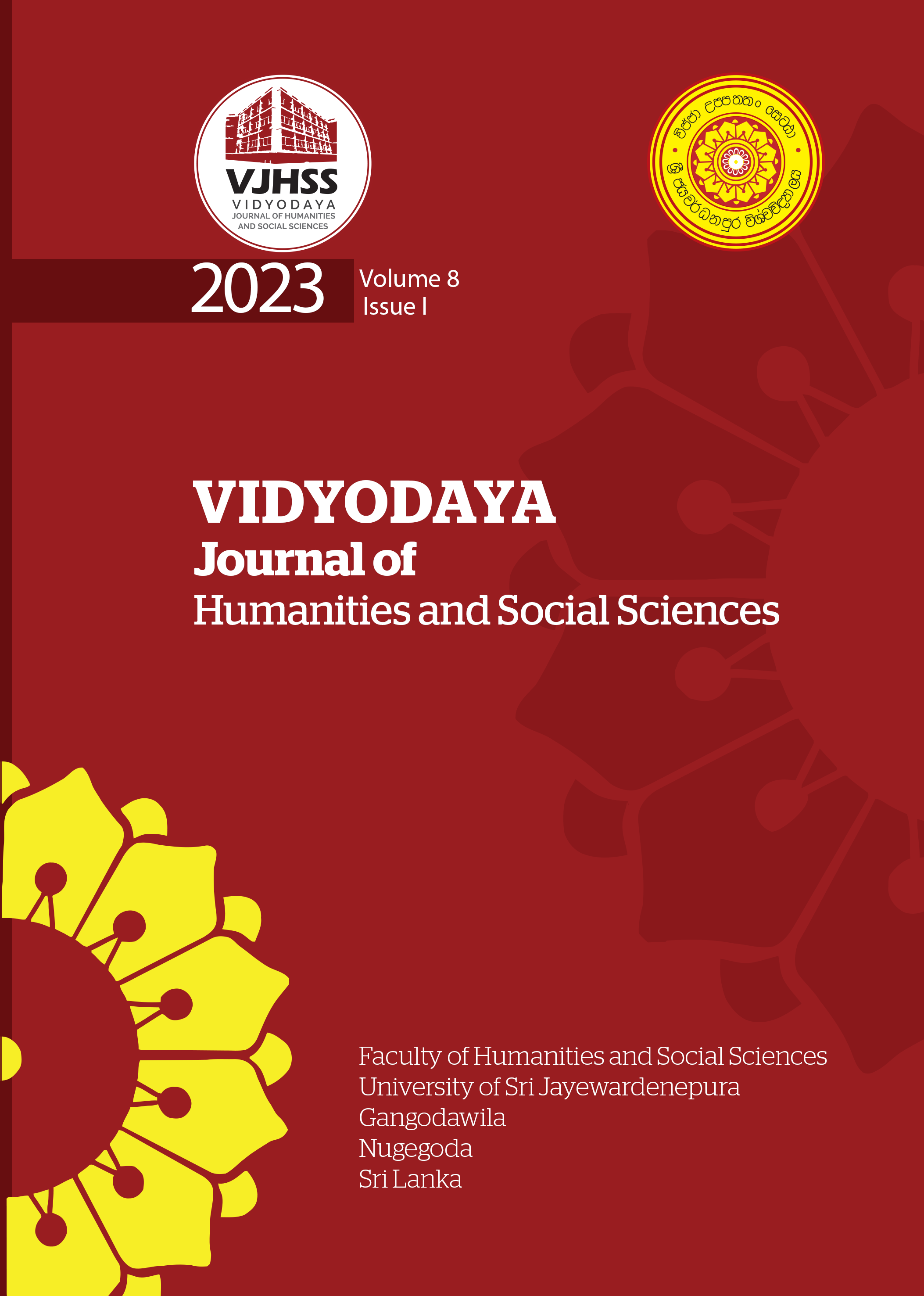Limitations and Barriers Affecting Rural Married Women in Resorting to Modern Contraceptive Methods
Abstract
Limitations and barriers affecting the use of modern contraceptive methods among rural married women in centering the research topic in an experimental space focused on identifying the limitations and barriers affecting the use of modern contraceptive methods among rural married women as the main research objective. In that way, by identifying the individual-centric factors, household-centric factors, sociological factors and socio-cultural factors that influence rural married women to resort to modern contraceptive methods, attention is paid to the policy requirement of inducing modern contraceptive methods to rural women and presenting positive solutions and proposals. A sample of 100 people was taken as purposive sampling under non-random purposive sampling method for the study. Primary data was collected through interviews under survey method. According to the results, identification of barriers and barriers affecting the use of modern contraceptive methods among rural married women. In the study, it was verified that the influence of husband, social support, family culture, social influence and lack of contraceptive education are barriers and restrictions affecting rural married women to refrain from using modern contraceptive methods. Modern deconstructive methods should be disseminated to the rural woman by understanding the wrong attitudes and knowledge centered in social knowledge. Also, it was evident through the study that policy makers and mediators should focus on providing formal education and emphasis on the reproductive rights of rural women.



